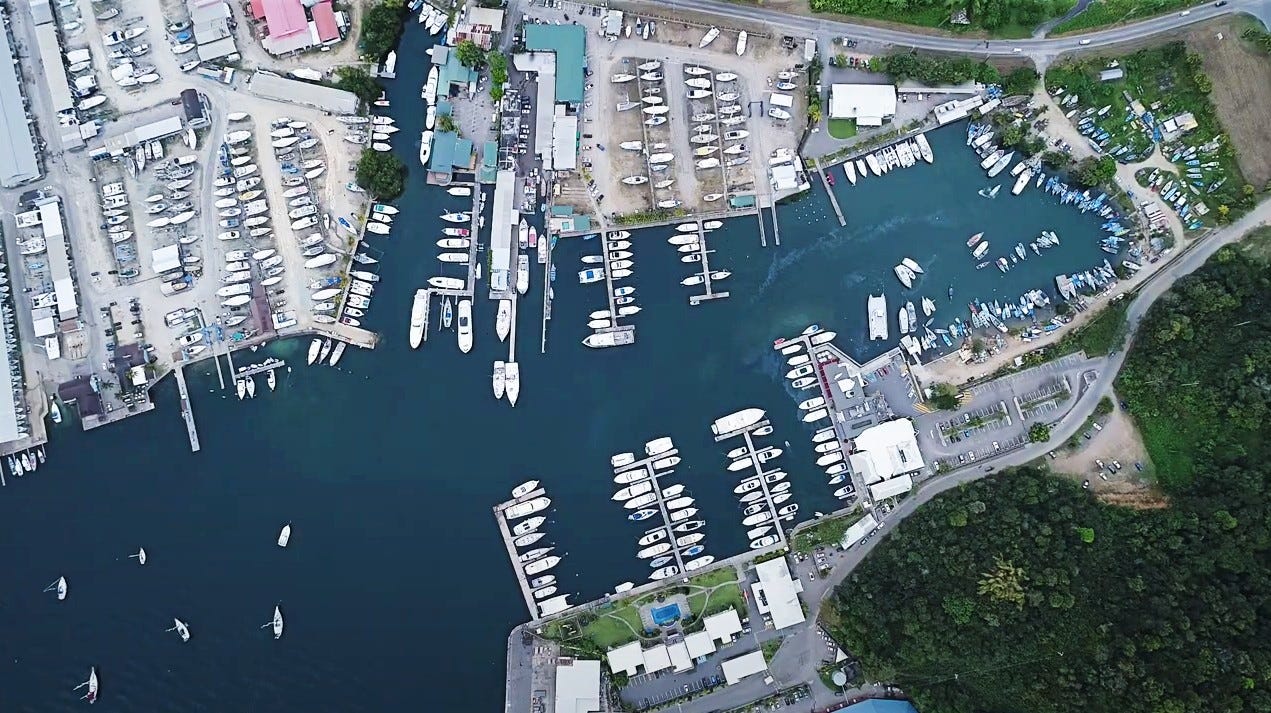'State of Emergency' in Trinidad, a Marine Industry Hub
Government Responds as 2024 Murders Top 600
Update, 4 p.m. December 31: Telecia Campain of the Travel Sketch YouTube sailing channel responded to an enquiry about how the state of emergency may have affected the cruising community. Campain and crew have just launched their catamaran after around 20 months in a boatyard for warranty…
Keep reading with a 7-day free trial
Subscribe to LOOSE CANNON to keep reading this post and get 7 days of free access to the full post archives.



